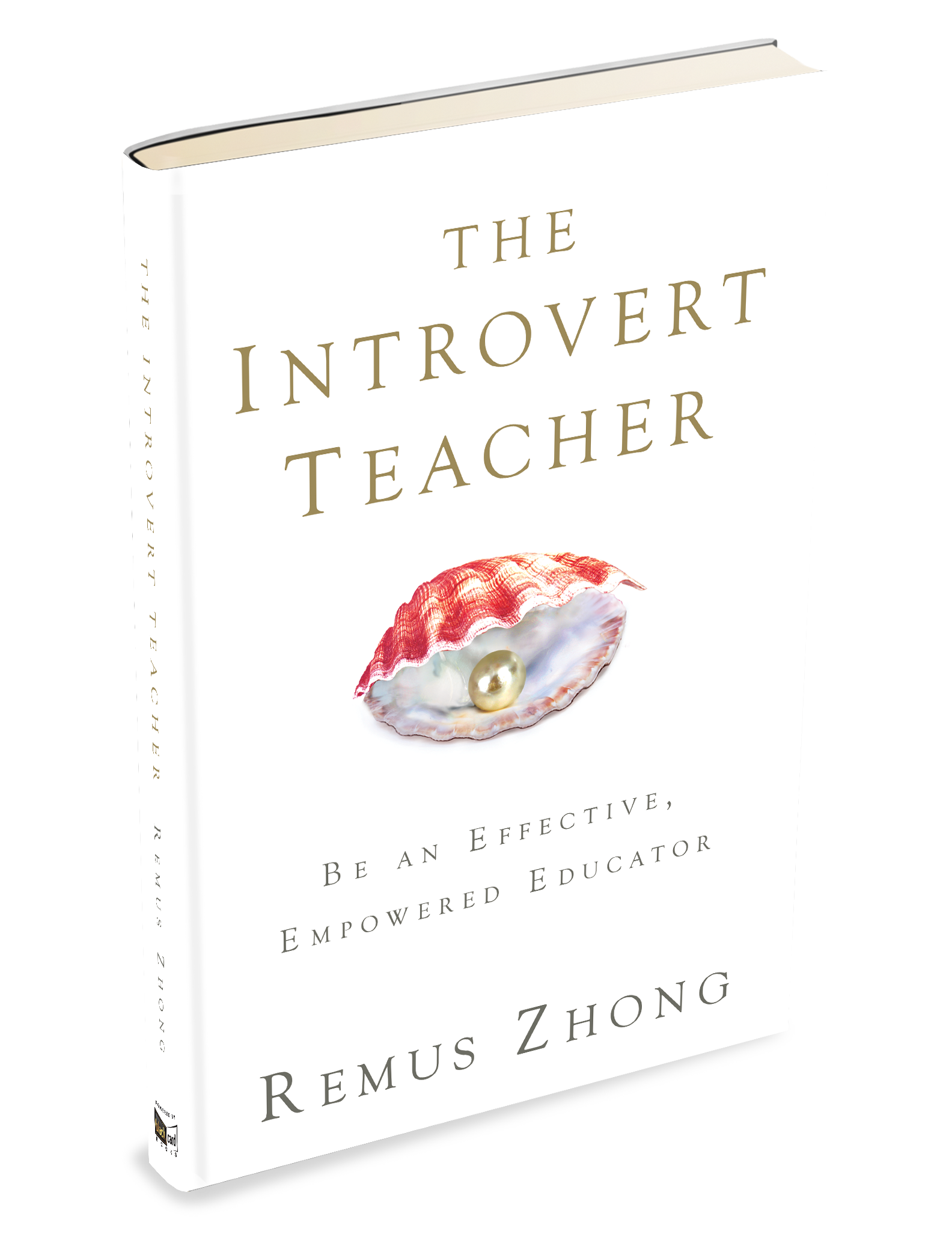If you've never heard of James Randi, he is a former professional stage magician and a well-known skeptic of pseudoscience and the paranormal.
He set up the James Randi Educational Foundation (JREF) in 1996 and put forth the One Million Dollar Paranormal Challenge. This substantial sum of money will be paid to any person who can demonstrate supernatural or paranormal activity while under scientific scrutiny and within a controlled environment. The conditions of testing and the environment will be agreed upon before the demonstration.
Since the first version of this challenge (with a smaller amount of money) in 1964, nobody has every successfully won the challenge. When James Randi retired in 2015, the challenge was officially terminated, with the money freed up for use in grants instead.
Throughout his career, James Randi applied a rational mind to the claims of the supernatural or paranormal. Despite this, he is careful to say that he does not insist that such powers do not exist at all, merely that he doesn't believe in them.
One of the reasons that he is so passionate about debunking so-called psychics and mystics is that he finds their profiteering from desperate, emotionally distraught people to be highly unsettling and, especially in cases where people are hurt or die from their trust in these people, akin to committing a crime.
I agree.
There is a difference between performing tricks or illusions for entertainment (stage magicians, street performers) and pretending to give information or hope when there is none to be had (so-called mediums, psychics).
Sure, the seeker may be comforted in that moment but when the truth emerges or they get hurt from the information, what then?
So this is what I got from listening and watching James Randi. In order to minimise the possibility of getting conned / cheated,
1) Ask someone more experienced
If you are a scientist, you may not know how a magic trick works. If someone comes up to you and performs one that you cannot explain through your own methods of scientific observation or testing, it doesn't mean that the trick involved paranormal powers.
Ask an experienced stage magician - one who is far more likely to have experienced the trick before - and get him/her to explain how it works.
2) Stay informed of cons and scams
We often think that those who get conned or scammed are somehow stupid or ignorant. That is a dangerous mindset to have. Because you think that you are clever enough to avoid being cheated, you have a false sense of confidence and security and you become less wary and observant of 'obvious' clues because you don't think that you will become a statistic too.
Instead, stay informed. Learn how these cons and scams are performed and keep a watchful eye out.
3) Be more careful when out and about
People don't approach other people for fun. More often than not, they want something. It could be as benign as wanting to give you some information (e.g. 'your zip is down') to something that may cause harm to you (e.g. 'your money or your life!').
Con artists are usually charismatic and relatable. If they aren't, it's difficult to win your confidence (hence the word 'con'). Don't believe everything you hear or see. If you're not sure, politely decline their advance and move on. The longer you stay, the harder it gets to gets away.
Of course, I am not saying that you should ignore every person who wants to engage you. Just be more careful about whom you allow to talk to you and move on once you start feeling some discomfort. Your instincts may not always be right, but they sometimes are.
Image from Wikipedia




